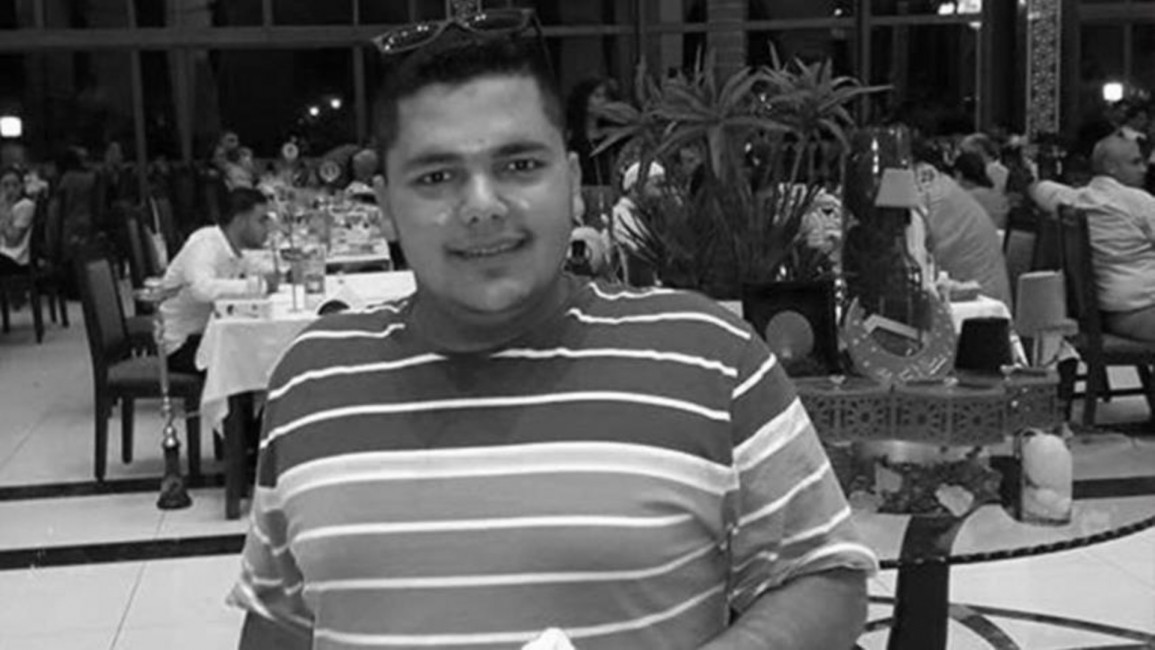Activists in Lebanon have held protests across the country against government's inability to tackle the weak lira and deteriorating living standards.
The situation is particularly bad in Tripoli, where more than half the working population is unemployed.
Much of the protesters' anger has been directed at the banks, which have restricted access to accounts and dollars, while the plunging lira meaning inflation could reach 27 percent in 2020.
Lockdown measures enacted during the Covid-19 epidemic have also caused huge damage to the economy.
Earlier in April, HRW warned that the deteriorating economic conditions could mean that half of Lebanon's population could go hungry, unless robust assistance plans are rolled out.
The violent crackdown on protesters demanding government action to remedy the situation must not be repeated, the rights group said .
"Tripoli is one of the most impoverished cities in the country, and the Lebanese government has failed to guarantee people's right of access to food and other basic necessities," said Majzoub.
"The army's unjustified use of lethal force has further enflamed the situation and cost the life of one young man who was demanding his rights."
Much of the protesters' anger has been directed at the banks, which have restricted access to accounts and dollars, while the plunging lira meaning inflation could reach 27 percent in 2020.
Lockdown measures enacted during the Covid-19 epidemic have also caused huge damage to the economy.
Earlier in April, HRW warned that the deteriorating economic conditions could mean that half of Lebanon's population could go hungry, unless robust assistance plans are rolled out.
The violent crackdown on protesters demanding government action to remedy the situation must not be repeated, the rights group said .
"Tripoli is one of the most impoverished cities in the country, and the Lebanese government has failed to guarantee people's right of access to food and other basic necessities," said Majzoub.
"The army's unjustified use of lethal force has further enflamed the situation and cost the life of one young man who was demanding his rights."
HRW demanded that Beirut meet its obligations and conduct an effective, transparent and independent investigation that examines the conduct of the entire military operation in Tripoli, including the role and responsibility of senior officers.
"The government should make public the findings and all measures of accountability, including criminal liability," HRW wrote in a press release.
The value of the Lebanese pound plummeted on the black market, prices have risen, and many businesses have been forced to slash salaries, dismiss staff or close.
Lebanon is one of the most indebted countries in the world, with a public debt equivalent to 150 percent of its GDP.



